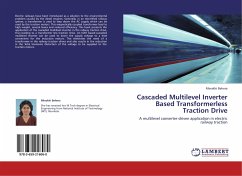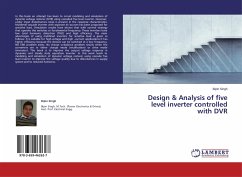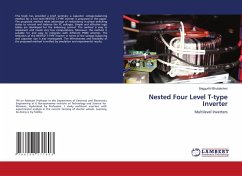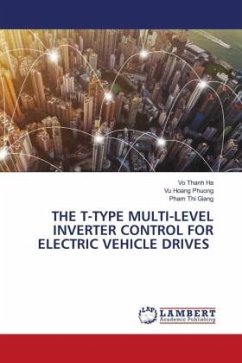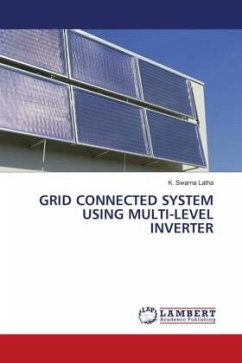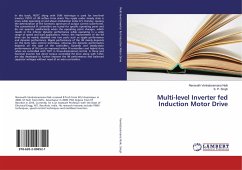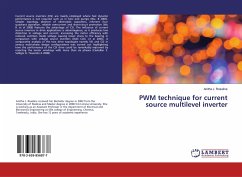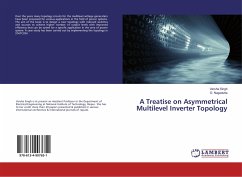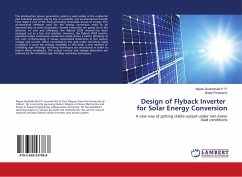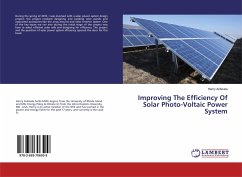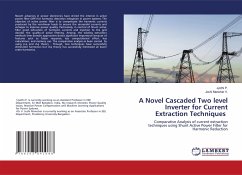
A Novel Cascaded Two level Inverter for Current Extraction Techniques
Comparative Analysis of current extraction techniques using Shunt Active Power Filter for Harmonic Reduction
Versandkostenfrei!
Versandfertig in 6-10 Tagen
36,99 €
inkl. MwSt.

PAYBACK Punkte
18 °P sammeln!
Recent advances in power electronics have stirred the interest in active power filter (APF) for harmonic distortion mitigation in power systems. The objective of active power filter is to compensate the harmonic currents produced by the non-linear loads to ensure the sinusoidal currents and voltages to improve power quality. Particularly, in control of Shunt active filter good extraction of harmonic currents and injection to the grid decides the quality of active filtering. Among, the existing extraction methods time domain approaches draws significant importance because of features such as fa...
Recent advances in power electronics have stirred the interest in active power filter (APF) for harmonic distortion mitigation in power systems. The objective of active power filter is to compensate the harmonic currents produced by the non-linear loads to ensure the sinusoidal currents and voltages to improve power quality. Particularly, in control of Shunt active filter good extraction of harmonic currents and injection to the grid decides the quality of active filtering. Among, the existing extraction methods time domain approaches draws significant importance because of features such as faster response, less computational effort, less calculations, and memory use. The comparative analysis as been carried by using p-q and d-q theory . Though, two techniques have successfully eliminated harmonics but d-q theory has successfully minimized all lower order harmonics.



